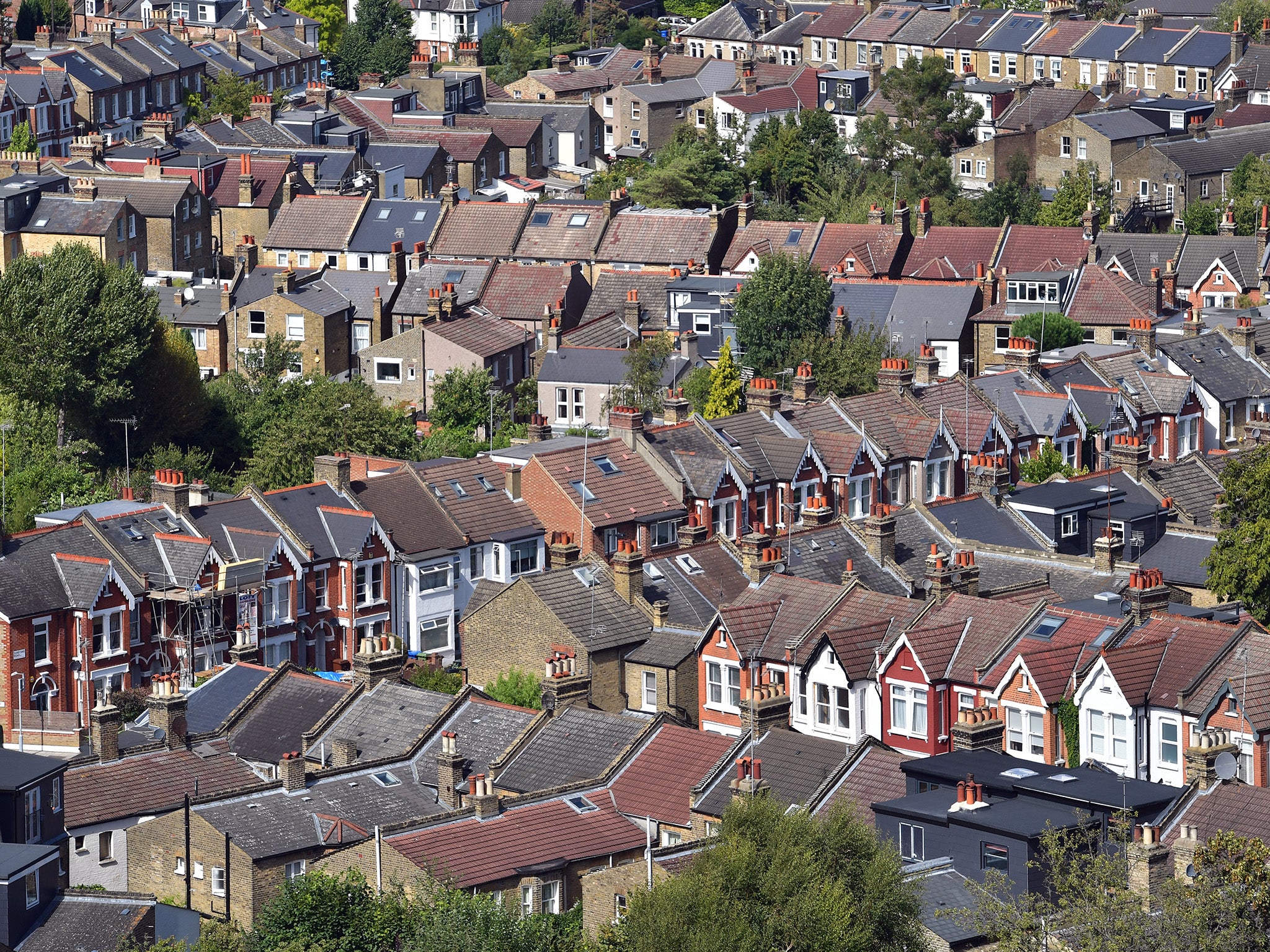Council tax bills to rise 3% to tackle growing social care crisis
Theresa May sanctions inflation-busting increases after admitting – for the first time – that vital services are ‘under threat’

Your support helps us to tell the story
From reproductive rights to climate change to Big Tech, The Independent is on the ground when the story is developing. Whether it's investigating the financials of Elon Musk's pro-Trump PAC or producing our latest documentary, 'The A Word', which shines a light on the American women fighting for reproductive rights, we know how important it is to parse out the facts from the messaging.
At such a critical moment in US history, we need reporters on the ground. Your donation allows us to keep sending journalists to speak to both sides of the story.
The Independent is trusted by Americans across the entire political spectrum. And unlike many other quality news outlets, we choose not to lock Americans out of our reporting and analysis with paywalls. We believe quality journalism should be available to everyone, paid for by those who can afford it.
Your support makes all the difference.Council tax bills will be allowed to rise by 3 per cent next year and the year after, to help tackle the social care crisis, The Independent has been told.
Theresa May has sanctioned the inflation-busting increases after admitting – for the first time – that vital services are “under threat”.
But the move was immediately attacked as too little, too late, as local authorities wrestle with the nightmare of a likely £2.6bn funding black hole by 2020.
Town halls will be able to levy a “social care precept” of 3 per cent – higher than the 2 per cent announced last year, by former Chancellor George Osborne.
A 3 per cent increase to the average Band D property bill of £1,530 would be £45.90 next year – and a rise of more than £90 in 2018-19, compared with this year.
But the leader of England’s largest local authority, Birmingham City Council, said it would fail to “plug a gaping hole in Birmingham’s social care budget”.
The council proposes cutting funding for health and social care services by more than £100m between 2017-18 and 2020-21, after massive cuts in Government grants.
Yet, the existing 2 per cent precept raises only about £5m a year, which was scarcely “a game changer”, the council said.
Council leader, John Clancy, told Birmingham Mail: “The Government’s claim that a social care precept will address the serious and fast-growing crisis in adult social services across the country is disingenuous, at best.”
The criticism was echoed by the Liberal Democrats, who pointed out the poorest areas – with the weakest council tax bases – would raise the least from the higher precept.
Norman Lamb, the party’s health spokesman, said: “This is an inadequate solution from a government that is lacking the ambition required to tackle the crisis in care we face.
“It would be short sighted – and stupid – to create a postcode lottery in care where wealthier councils can raise the money they need and poorer areas are left underfunded.”
The Independent has learned that no precept will be sanctioned in the following year – 2019-20 – allowing ministers to claim there is no overall rise in bills.
Nevertheless, the increases are potentially embarrassing for the Prime Minister who, only two weeks ago, insisted social care is properly funded.
That tune changed this week, when her spokeswoman said: “The ability to provide social care for local communities is under threat.”
There have been widespread warnings of a social care crisis, with the closure of 250 residential care homes since March and the loss of 5,000 beds over the past 18 months.
The number of days hospital patients wait on wards for suitable home care packages has soared by 224 per cent since 2010.
And the chief executive of Care England, which represents care home providers, warned that rising demand, combined with spending cuts, have created a “house of cards”.
Conservative ministers and MPs, fearful of a public backlash, have been lobbying Downing Street to find a long-term solution.
Join our commenting forum
Join thought-provoking conversations, follow other Independent readers and see their replies
Comments